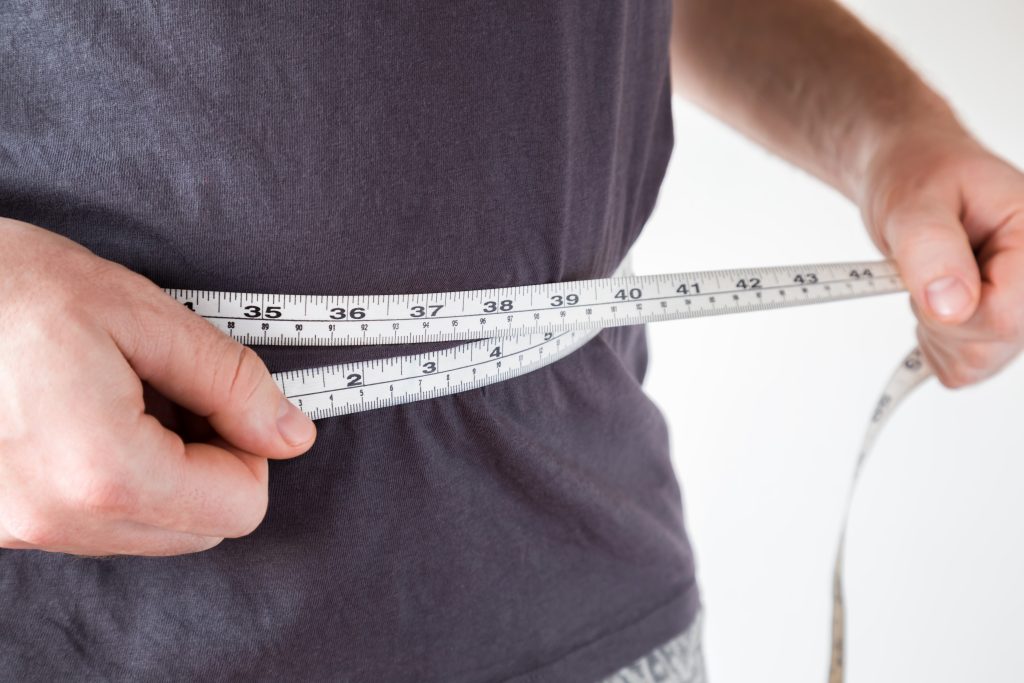Outdoor branding solutions play a crucial role in establishing a strong presence in a crowded marketplace. We have the opportunity to utilise unique and innovative strategies that not only attract attention but also reinforce our brand identity. This approach goes beyond traditional advertising by creating memorable experiences in outdoor settings, effectively reaching a diverse audience.

Quality is paramount in outdoor branding. We understand that well-crafted designs and materials not only enhance visibility but also convey professionalism and trustworthiness. When we choose the right elements, our branding can resonate deeply with potential customers, encouraging them to engage with our products or services.
As we explore various outdoor branding options, we can unlock the potential of our brand in ways that resonate with consumers on multiple levels. By embracing creativity and quality, we position ourselves for greater recognition and impact in our target markets.
Key Components of Outdoor Branding
Effective outdoor branding relies on several critical components. These elements work together to create a cohesive and impactful visual presence that resonates with audiences.
Design and Visuals
When we approach outdoor branding, the design plays a pivotal role. We prioritise eye-catching visuals that can attract attention from a distance. This includes the strategic use of colours, logos, and typography.
Choosing the right fonts and artwork enhances brand recognition. We opt for designs that are simple yet memorable, ensuring our message is conveyed quickly.
High-resolution images are vital in creating compelling banners or flags. The utilisation of dye sublimation allows for vibrant and long-lasting graphics, making our visuals stand out in any setting.
Material and Durability
The materials we select greatly influence the effectiveness of outdoor branding. Durability is essential as our displays need to withstand various weather conditions. We choose high-quality fabrics that resist fading and wear over time.
Options like PVC and polyester are commonly used for their robustness. Additionally, we ensure that any hardware, such as poles and frames, complements the materials used.
Whether we’re using umbrellas, tents, or inflatables, we focus on ensuring they remain functional and aesthetically pleasing under different conditions.
Branding Products
Our range of branding products is crucial for effective marketing. Banners, flags, gazebos, and A-frames serve different purposes but must all reflect our brand identity. Each item serves as a touchpoint for audience engagement.
We also prioritise customisation options, allowing for tailored messaging that aligns with specific events. This flexibility enhances our ability to adapt to various venues and target audiences.
Whether we’re opting for digital printing or traditional methods, the focus remains on producing exceptional quality items. Our commitment to high standards ensures that each product not only looks great but also reinforces our brand’s credibility.
Implementing Effective Outdoor Branding Solutions
To achieve impactful outdoor branding, careful consideration of selection, strategic placement, and robust partnerships is essential. These factors play a crucial role in ensuring that our branding reaches its intended audience effectively.
Selection and Customisation
Selecting the right outdoor branding materials is fundamental to our strategy. Options include banners, billboards, signage, and vehicle wraps. Each choice should resonate with our brand message and values.
Customisation enhances our visibility and distinctiveness in a competitive market. Personalising designs to reflect our identity—be it through colour schemes or logos—ensures that we stand out.
Key considerations:
- Quality materials that withstand the elements
- Unique designs tailored for target demographics
- Consistent branding across all outdoor assets
Strategic Placement and Events
Effective placement of outdoor branding can significantly increase exposure. We should prioritise high-traffic areas where potential customers frequently pass.
Events provide an excellent opportunity for promoting our brand. Participating in local festivals or trade shows allows us to showcase our products in a dynamic environment, creating memorable interactions.
Placement tactics:
- Positioning near shopping centres or busy streets
- Utilising event sponsorships for greater visibility
- Engaging local businesses to enhance reach
Reliable Partnerships and Services
Building reliable partnerships is vital for successful outdoor branding. We should collaborate with experienced service providers who understand our branding needs.
Choosing a partner with a strong local presence in Johannesburg can be advantageous. They can offer insights into the community and ensure our branding aligns with local trends.
Benefits of strategic partnerships:
- Access to high-quality printing services
- Expertise in installation and maintenance
- Streamlined processes to manage our orders effectively


